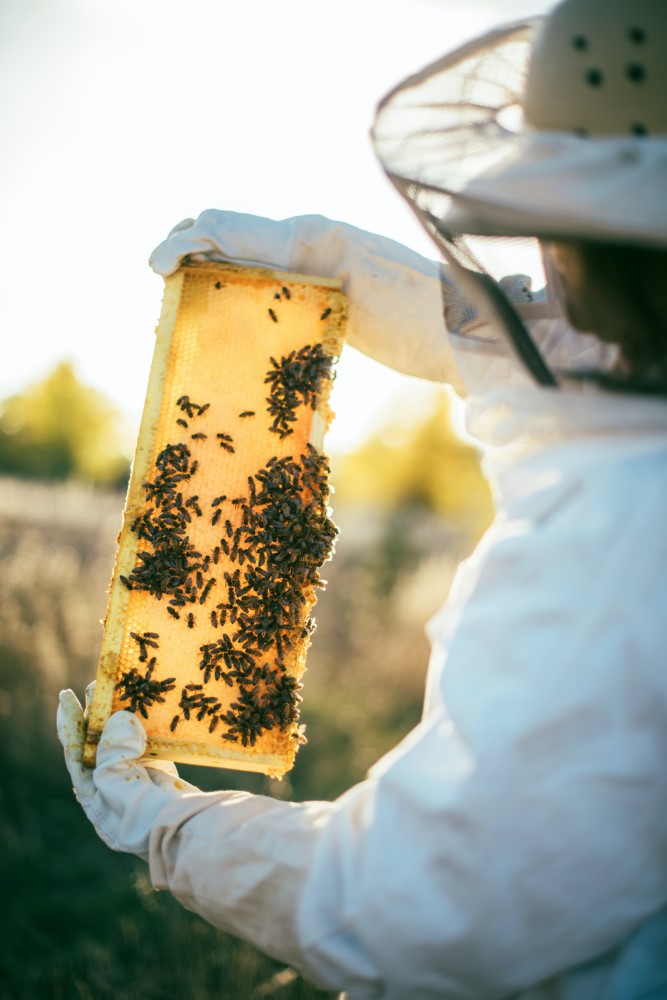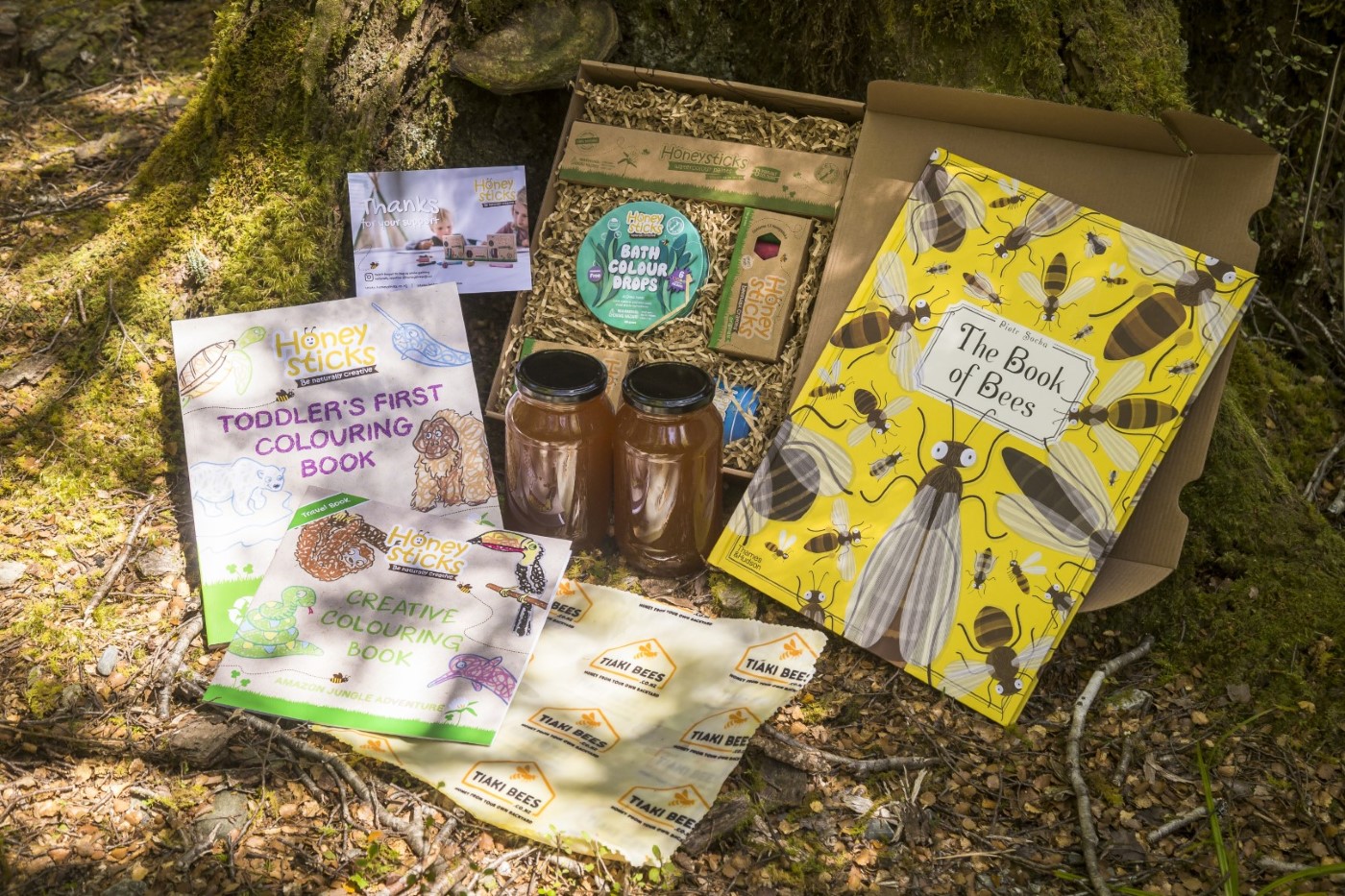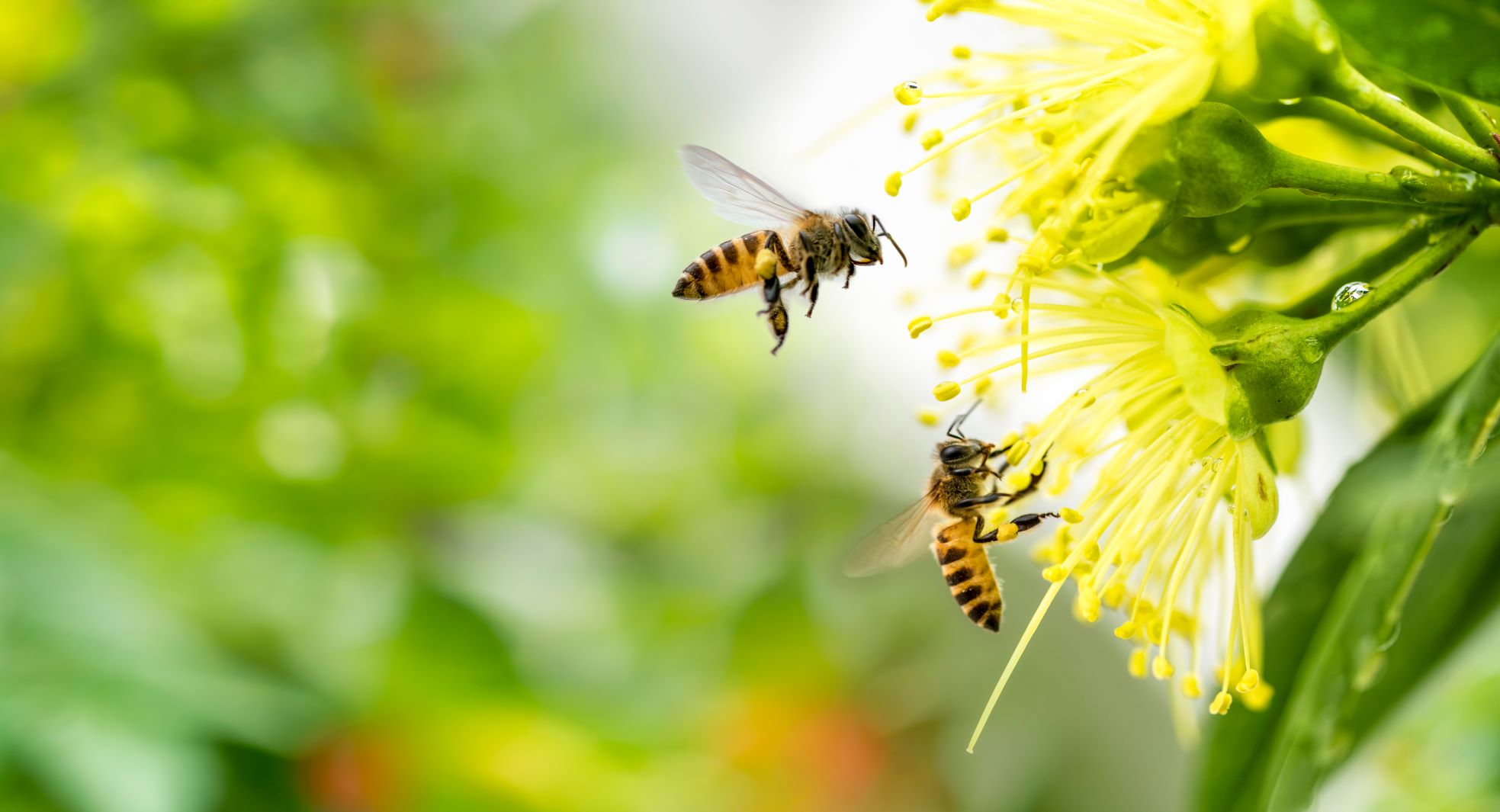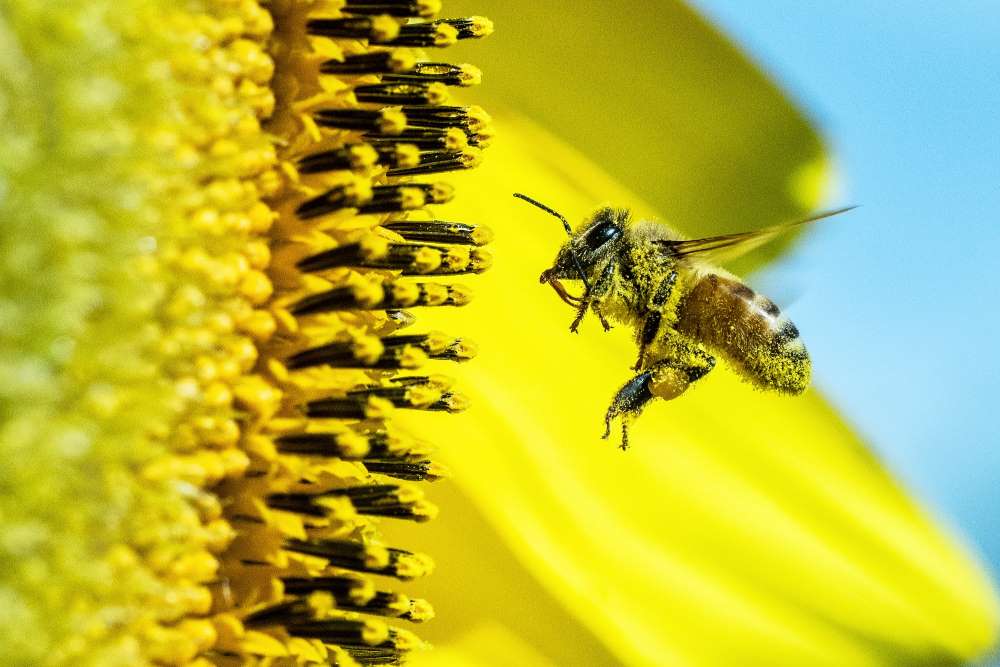The Story Behind Each Spoonful of Honey
7 April 2021
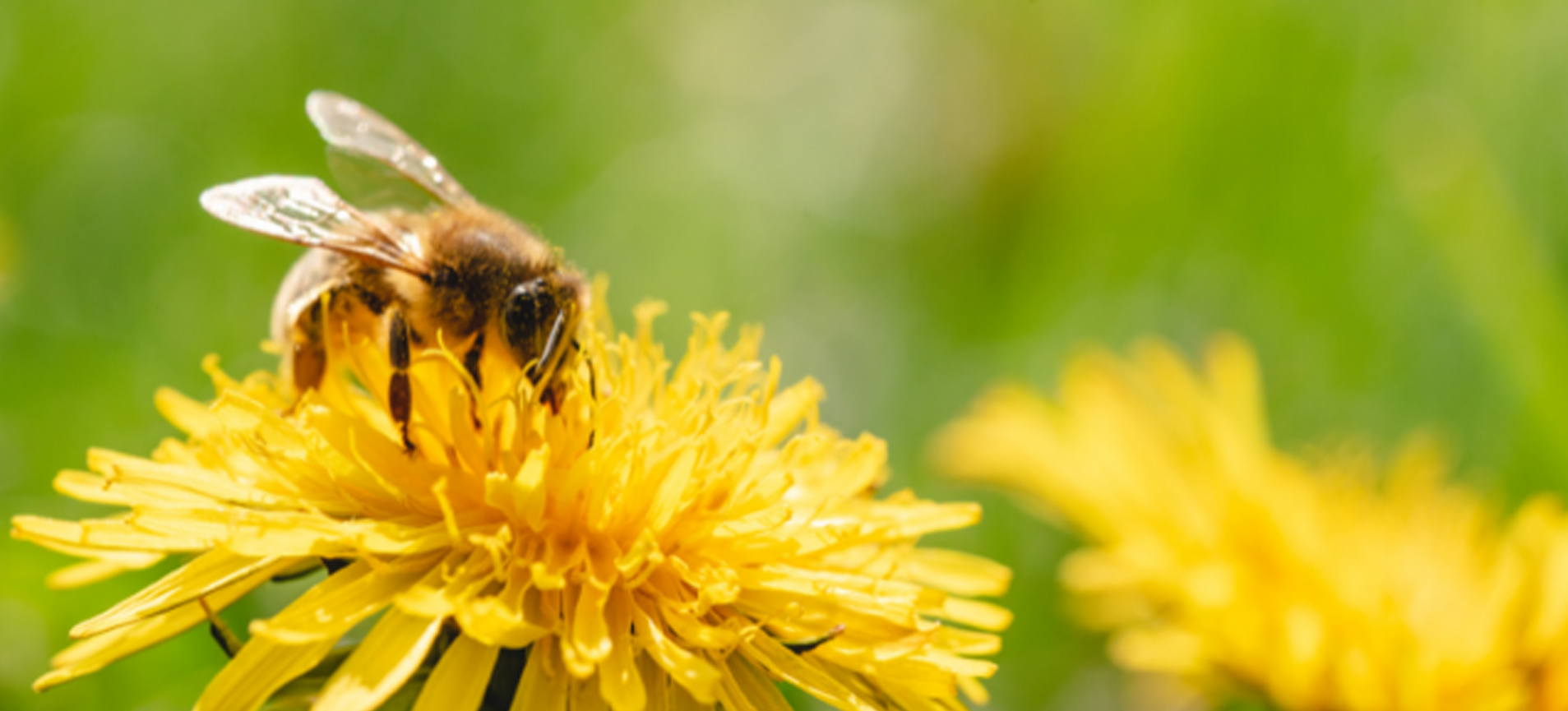
February to March is the best time to harvest honey in the South Island of New Zealand so we thought it was about time to answer some of the fun questions we get asked around this time of the year. For instance: How much honey does an individual bee make? Which bees make honey? And why is honey so special? Read on to find out more.
How much honey does an individual bee make?
This is actually a hard question to answer. Honey bees live in very large colonies of thousands of bees. Honey making is also a joint effort – no one bee can do the job on her own, so any calculation of the amount of honey one bee produces is based on the average amount of honey produced by an average sized colony! Even then colony size and location will affect the amount of honey a bee produces. On average resources say that an individual bee makes about 1/12 of a teaspoon of honey in her lifetime. But as we said, this is just approximate, as it is based on thousands of bees working together, so take that figure with a pinch of salt, or maybe honey!
Which bees make the honey?
Within the colony there are different kinds of bees. There is the queen bee, worker bees and in the summer months, drone bees. Each type of bee has an important role to play in the life of the colony. It is the worker bees (as the name suggests) that are responsible for making the honey. These adult female bees perform a variety of jobs in their short life. In the summer months a bee has a life span of about 6 weeks – the first 3 weeks are spent doing a variety of tasks in the hive and the last half of her life is spent out in the field, foraging for nectar, pollen and water. An individual worker bee is capable of carrying up to 80 milligrams of nectar, but she may not return to the hive with a full load. Once the nectar is returned to the hive, a house worker bee will help to convert the watery nectar into ripe honey and store it in sealed wax cells.
What is so special about honey?
Well, if you are a bee – honey is your carbohydrate source and you need to store it for the winter months. Collection is a time-consuming task. Ripe honey has about 17% water content, but nectar can be 70-80% water, so the bees must collect a lot of nectar in order to produce a stable food source. And did you know that bees have a special dance language that is used to communicate the best location for food sources? No wonder bees are always so busy.
And if you are not a bee? Honey is well known to have incredible health benefits including being rich in antioxidants that can lower blood pressure and help reduce the risk of heart attacks and strokes, promoting healing of wounds and burns, supressing coughs, being a healthy sugar… the list goes on! Additionally studies show that consuming local honey helps with hayfever.
So, you can see that producing honey, with all its health benefits, is truly a team effort. We think bees are amazing! If you are interested in hosting a beehive and benefitting from honey produced in your own backyard, then get in touch to book your introductory visit.
